EXPERTISE
PSC IO Consulting specializes in sectors that demand advanced security risk management to safeguard critical assets and ensure operational continuity. We help clients meet stringent regulatory requirements while effectively balancing security with user experience.
Our expertise spans key sectors including energy,transportation, critical infrastructure, and large-scale built environments.
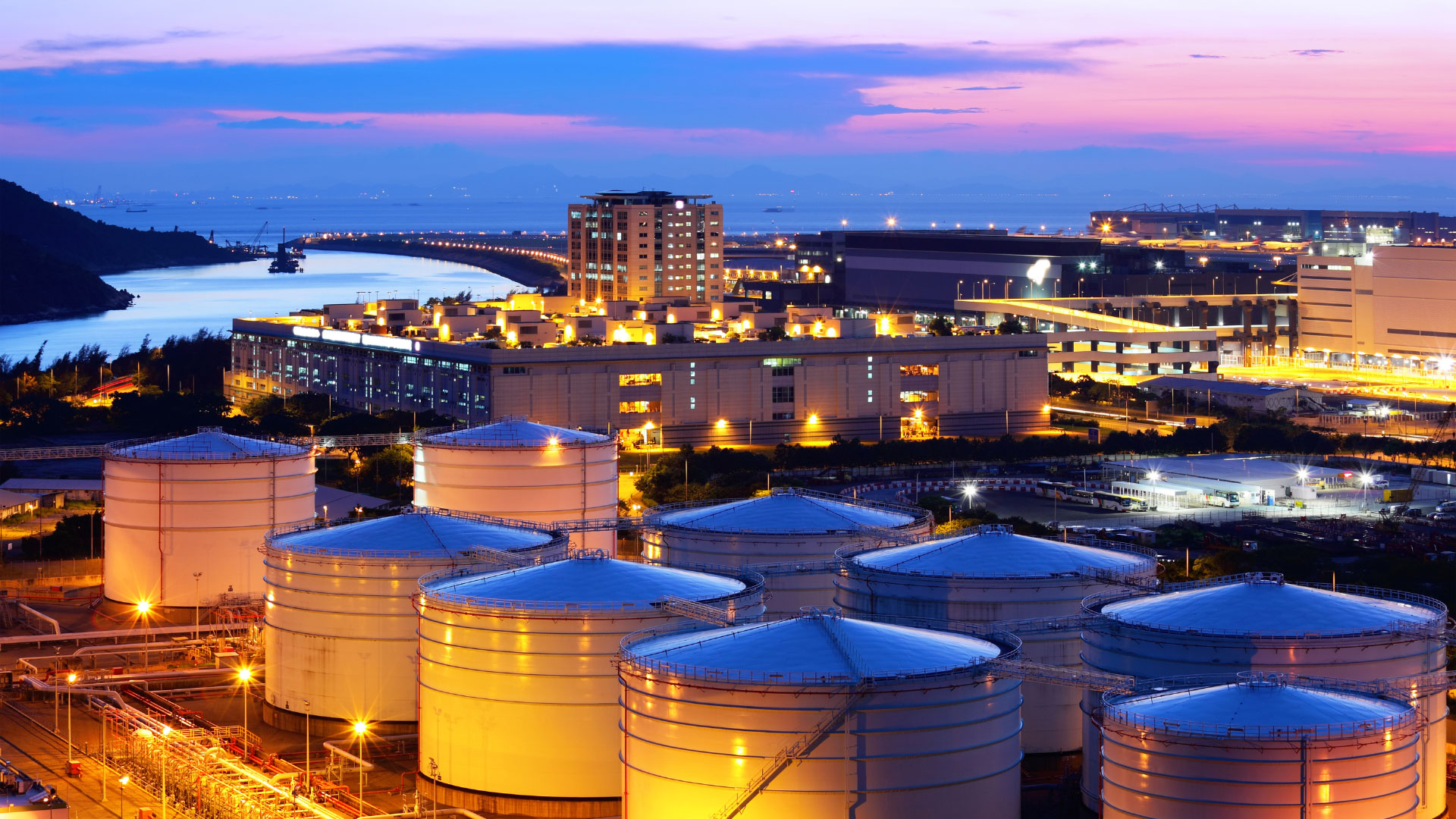
Oil & Gas
Critical Infrastructure
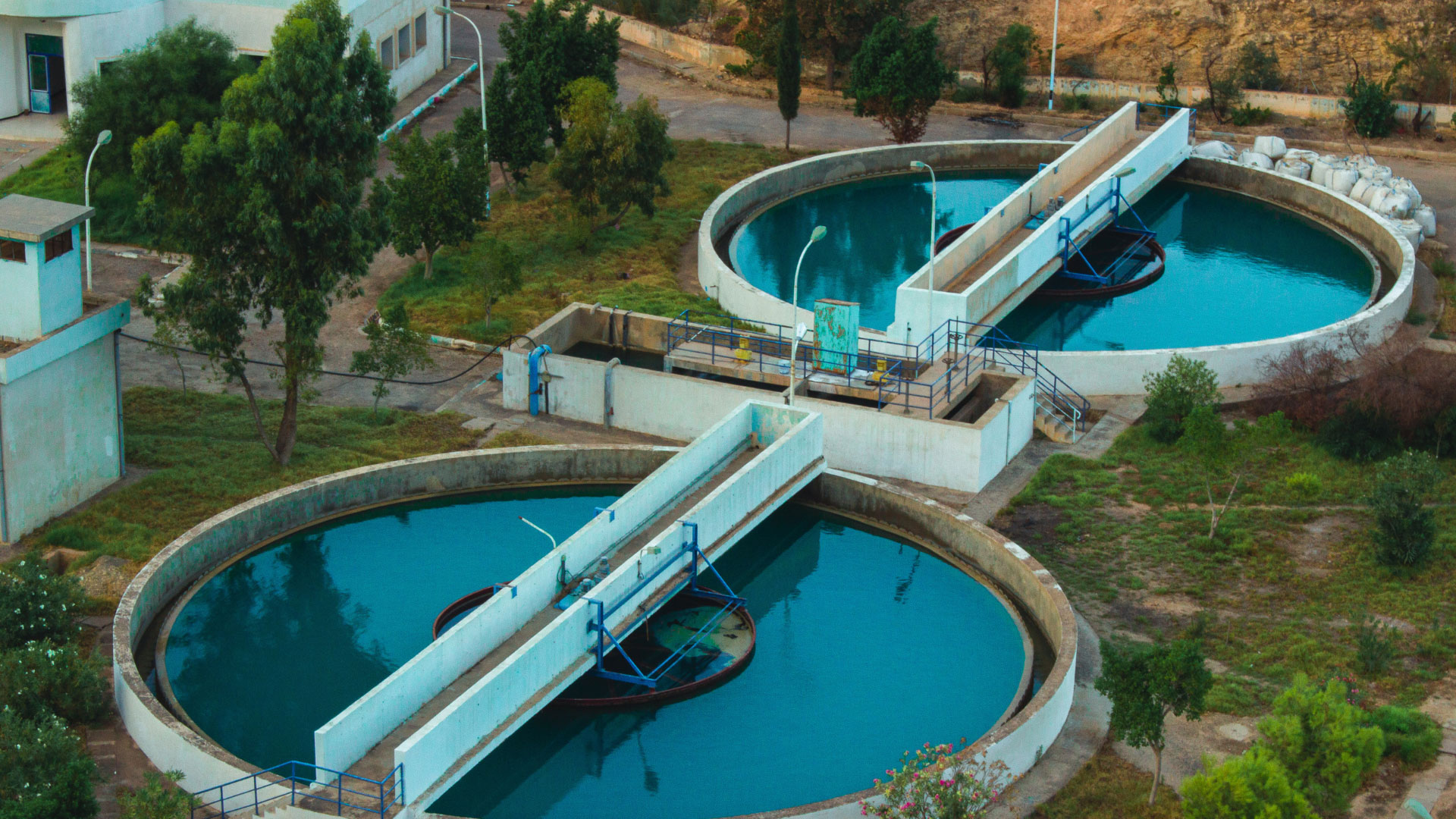
Built environment
The built environment refers to human-made surroundings that provide the setting for daily life, including buildings, parks, transportation systems, and infrastructure. It encompasses residential, commercial, and industrial spaces, as well as roads, bridges, and utilities. A well-designed built environment promotes health, safety, accessibility, and sustainability. Urban planning, architecture, engineering, and environmental design play key roles in shaping these spaces. As cities grow and populations rise, creating resilient and inclusive built environments becomes essential. Integrating green spaces, smart technologies, and sustainable materials ensures livable communities that balance human needs with environmental responsibility, shaping how people interact, work, and thrive.
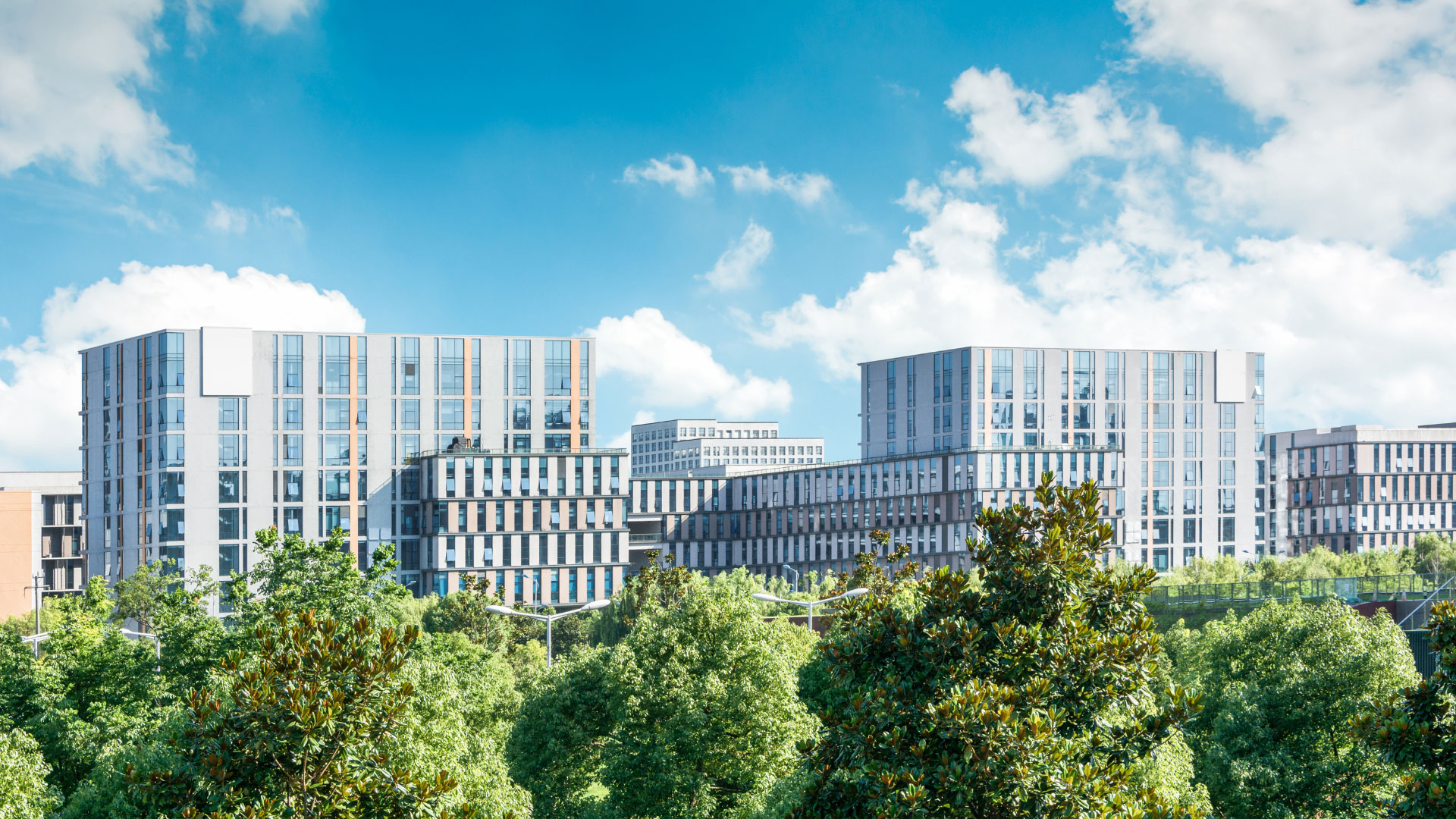
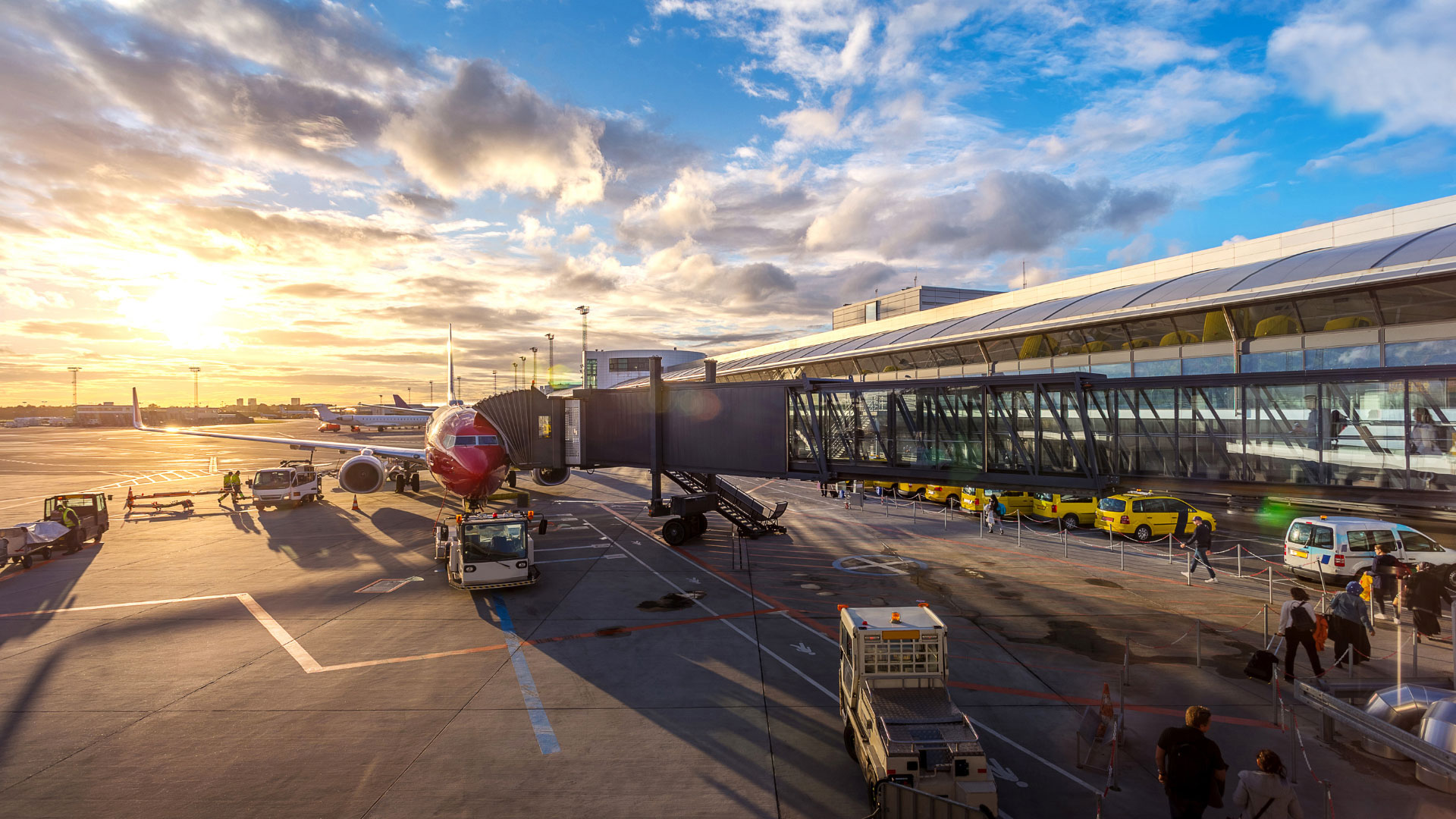
Aviation
Digital infrastructure

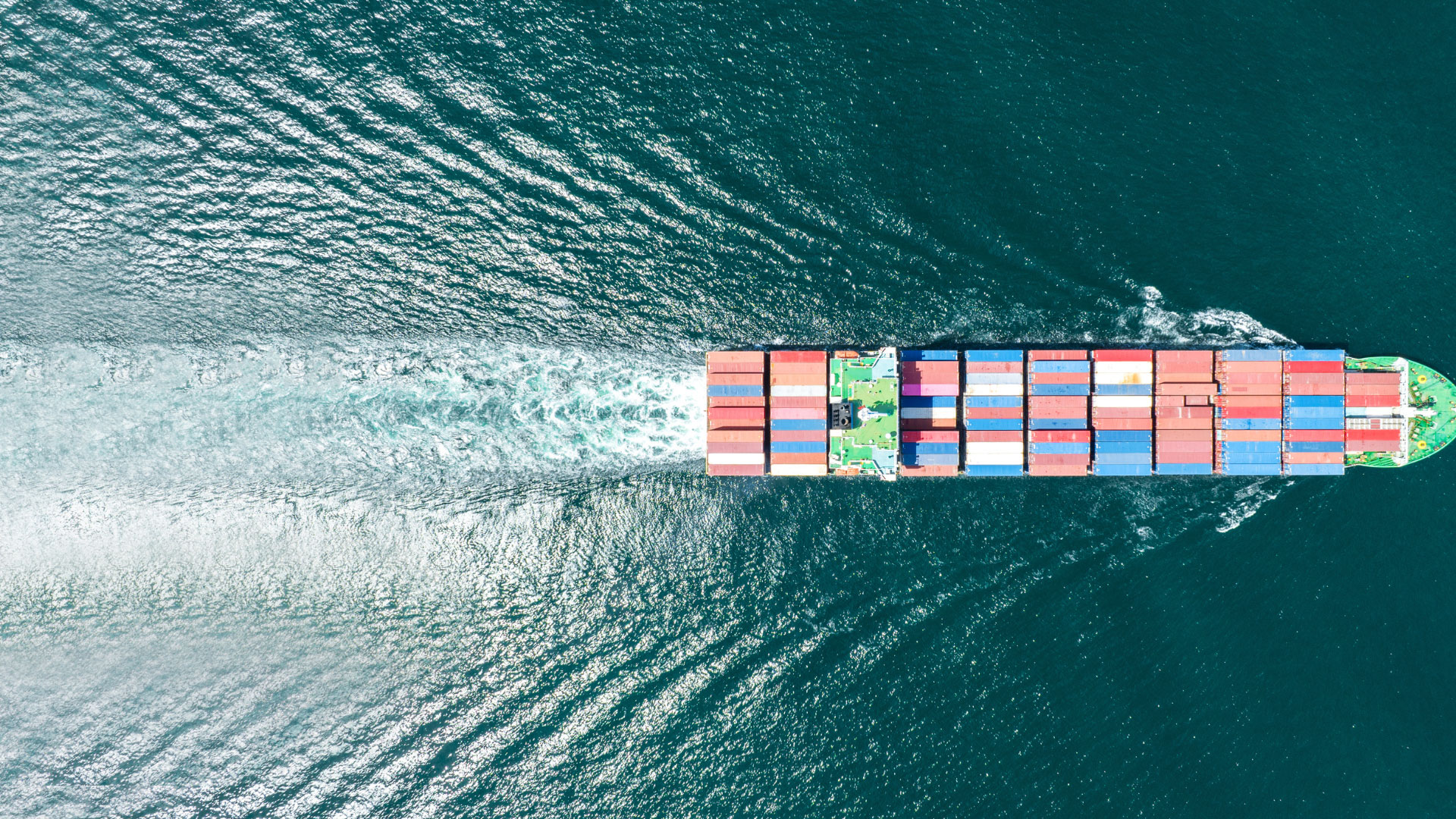
Maritime
We hear your requirements
Our expertise spans key sectors including
energy,transportation, critical infrastructure, and large-scale built environments.
